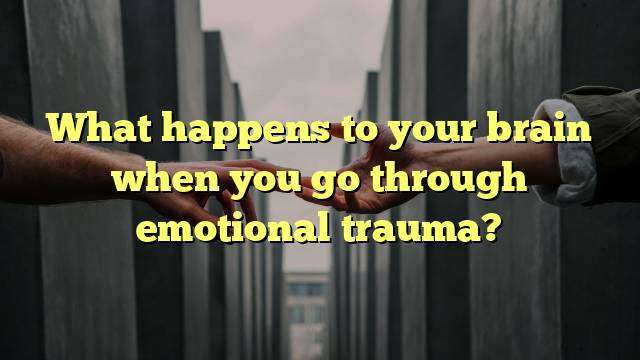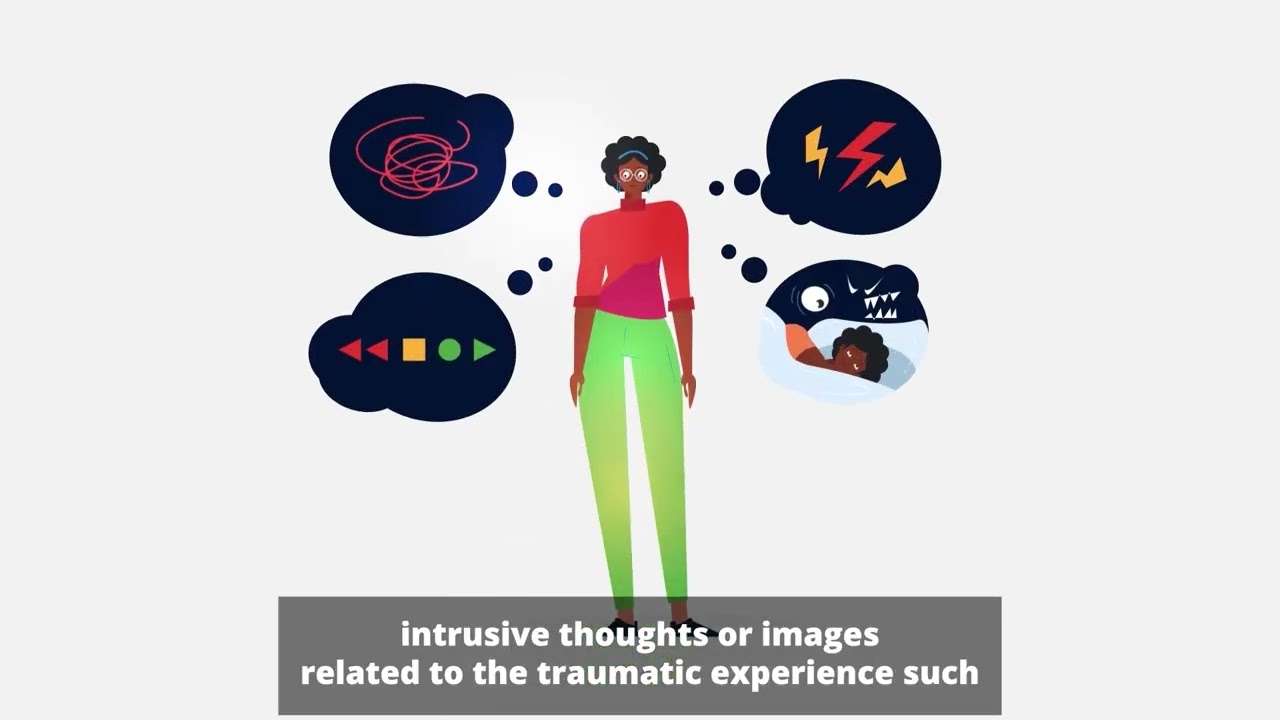What Happens to Your Brain When You Go Through Emotional Trauma?
When a person experiences something traumatic, their body and mind respond in a very specific and unique way. The human brain is incredibly complex and can be easily overwhelmed when faced with a traumatic situation. When a person experiences emotional trauma, their brain’s neurochemicals are set into motion, creating a picture of the event in the brain. This traumatic memory is then stored in the emotional side of the brain, which disconnects from the part of the brain that conducts cognitive processing and reasoning.
The Effects of Emotional Trauma on the Brain
When a person is exposed to emotional trauma, their brain can become overwhelmed and unable to process the event. This is because the brain is unable to process the information quickly enough and the traumatic event can remain “frozen” in the brain. As the brain is unable to process the event, the traumatic memory becomes disconnected from the cognitive and rational part of the brain.
The effects of emotional trauma on the brain can be significant, and can include a range of physical, cognitive, and emotional symptoms. These can include changes in the way we think and feel, as well as changes to our behavior and physical health. Some of the most common effects of emotional trauma on the brain include:
Cognitive Impairment
When the brain is exposed to emotional trauma, it can lead to cognitive impairment, meaning that a person’s ability to think and reason can be affected. This can result in difficulty concentrating, difficulty making decisions, and difficulty understanding or retaining information.
Emotional Dysregulation
Emotional dysregulation is also a common symptom of emotional trauma. This means that a person’s ability to regulate their emotions can be affected. This can manifest in a number of ways, including difficulty controlling emotions, feelings of numbness, and being easily overwhelmed.
Depression and Anxiety
Emotional trauma can also lead to depression and anxiety. Depression can involve feelings of sadness, hopelessness, and a lack of motivation, while anxiety can involve feelings of fear, worry, and panic. Both depression and anxiety can have a significant impact on a person’s life, affecting their ability to work, socialize, and take care of themselves.
Treating Emotional Trauma
The effects of emotional trauma on the brain can be devastating, and it is important to seek help if you are experiencing any of the symptoms described above. Treating emotional trauma often involves a combination of therapy and medication.
Therapy can help a person to explore and process their feelings and experiences, while medication can help to regulate mood and reduce symptoms such as anxiety and depression. It is important to remember that everyone’s experience of emotional trauma is unique, and what works for one person may not work for another.
It is also important to remember that recovery from emotional trauma is a process, and it can take time to heal and move forward. Seeking professional help can be a vital step in the recovery process, and it can help to provide the support and guidance needed to work through the experience.
Conclusion
Emotional trauma can have a significant and lasting impact on the brain. When a person experiences something traumatic, their brain’s neurochemicals rush to the brain and create a picture of the event that can be “frozen” in the brain. This can lead to a range of physical, cognitive, and emotional symptoms, including cognitive impairment, emotional dysregulation, depression, and anxiety.
Treating emotional trauma often involves a combination of therapy and medication, and it is important to remember that recovery is a process that can take time. Seeking professional help can be a vital step in the recovery process, and it can help to provide the support and guidance needed to work through the experience.




